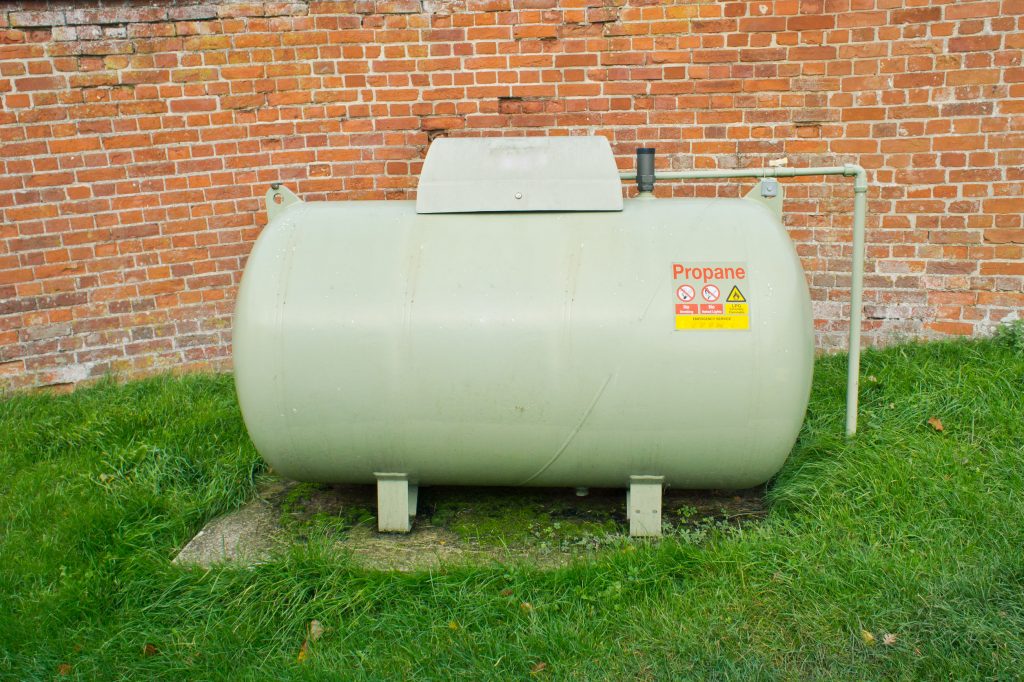 When you live in your first propane-fed home, you may be a little lost as to what to expect. The truth is, in the end, it’s not much different than an electric-fed home. While there are a few differences, your heater still works by a thermostat and your stove still works with heat convection. However, there are few things you should know when moving into your first propane-fed home.
When you live in your first propane-fed home, you may be a little lost as to what to expect. The truth is, in the end, it’s not much different than an electric-fed home. While there are a few differences, your heater still works by a thermostat and your stove still works with heat convection. However, there are few things you should know when moving into your first propane-fed home.
Propane Servicing
Find out if your tank is leased or purchased. If you have recently bought the home, it should be in the contract. Many people lease their propane tank because of the extreme upfront cost of buying one outright. However, when the tank is leased, it is usually under contract to be filled by a specific company. If the tank is owned, you can choose the company you would like to service your propane needs. Keep in mind, if you own your propane tank, you will be responsible for any repairs or maintenance it may need. If you need to set up new service, a propane gas company in your area, such as Heine Propane, can help guide you through the scheduling process.
How Big is Your Tank?
This is important to know when setting up your delivery schedule. By knowing how much propane your tank will hold, you can plan when and how often your deliveries should be. This is also important to communicate when setting up deliveries, or when calling for repairs or servicing. When you need water heater, furnace, or stove repair, they may ask you about the size and condition of your tank as well, so having the information beforehand helps get the work done faster. This information can also be helpful for efficiency within your home. Propane tanks can be adjusted in size according to how much propane you’re using and can be downsized when not used to capacity.
How Old and Where is Your Tank?
Today, propane tanks can be buried underground or they can sit on the ground. An underground tank can be more difficult to service and repair, while an above ground tank is more susceptible to environmental hazards. Your tank’s age is also important when considering repairs. After 10-15 years, some components of your tank, such as the regulators and valves, may need to be replaced. You can better plan your maintenance and repair when you know the age and location of your tank.
Once these three questions are answered, your propane service is much like that of natural gas or electricity. No special measures are needed, and tanks are low maintenance and easy to inspect. However, if you do suspect a leak or malfunction call your propane company as soon as possible to examine and repair your system.